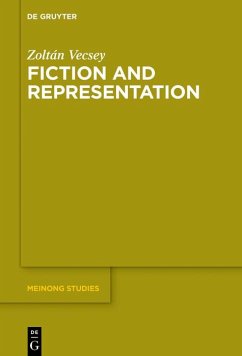One of the basic insights of the book is that there is a notion of non-relational linguistic representation which can fruitfully be employed in a systematic approach to literary fiction. This notion allows us to develop an improved understanding of the ontological nature of fictional entities. A related insight is that the customary distinction between extra-fictional and intra-fictional contexts has only a secondary theoretical importance. This distinction plays a central role in nearly all contemporary theories of literary fiction. There is a tendency among researchers to take it as obvious that the contrast between these two types of contexts is crucial for understanding the boundary that divides fiction from non-fiction. Seen from the perspective of non-relational representation, the key question is rather how representational networks come into being and how consumers of literary texts can, and do, engage with these networks. As a whole, the book provides, for the first time, a comprehensive artefactualist account of the nature of fictional entities.
Dieser Download kann aus rechtlichen Gründen nur mit Rechnungsadresse in A, B, BG, CY, CZ, D, DK, EW, E, FIN, F, GR, HR, H, IRL, I, LT, L, LR, M, NL, PL, P, R, S, SLO, SK ausgeliefert werden.

